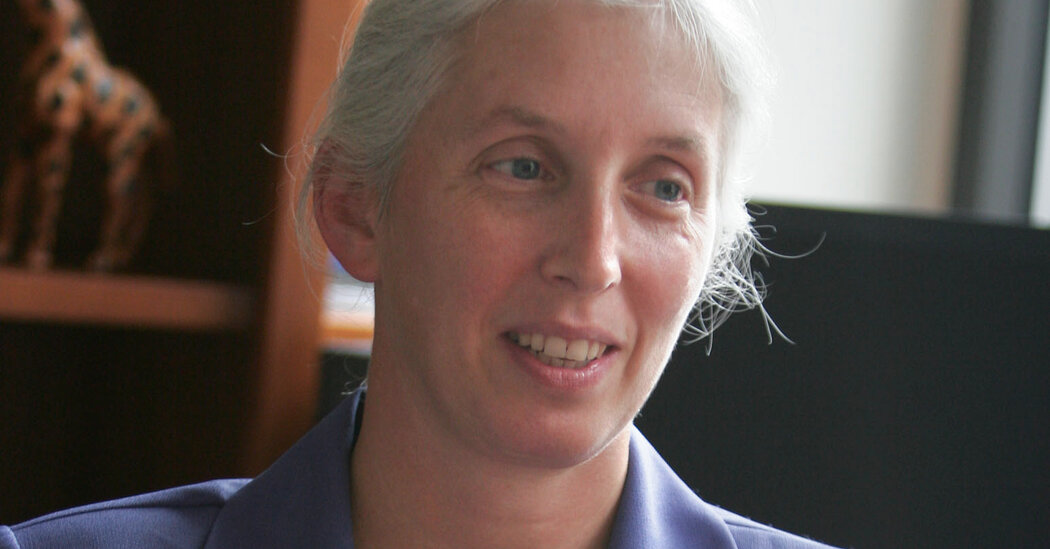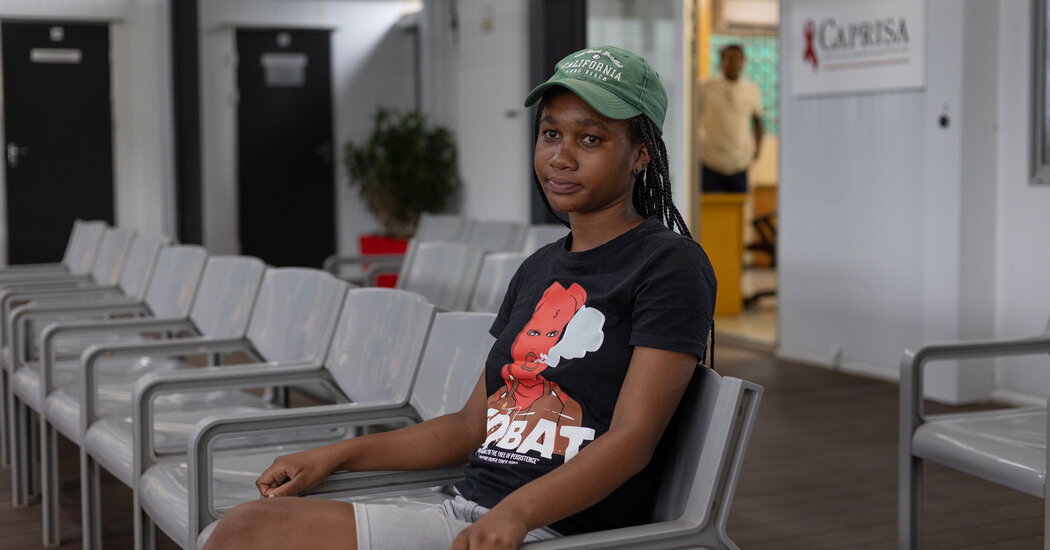
Susan F. Wood, a women’s health expert who resigned in protest from the Food and Drug Administration in 2005, accusing the agency of knuckling under to politics by not approving over-the-counter sales of the morning-after pill known as Plan B, died on Jan. 17 at her home in London. She was 66.
The cause was glioblastoma multiforme, a brain cancer, said Richard Payne, her husband.
Dr. Wood was assistant commissioner for women’s health at the F.D.A. during the presidency of George W. Bush when Plan B, a form of emergency contraception, became a flashpoint in the abortion wars.
An F.D.A. advisory panel voted 28-0 in 2003 that the pill was safe for nonprescription use. But senior agency officials disregarded precedent and refused to approve over-the-counter sales.
Plan B contains high levels of progestin, a hormone found in ordinary birth control pills, and agency scientists considered it to be a contraceptive. But abortion opponents argued that its use was tantamount to ending pregnancies. They further warned that ready access would lead to promiscuous behavior by teenagers, though no data supported that claim.
Dr. Wood and others believed that having emergency contraception available without a prescription would mean fewer unwanted pregnancies and fewer abortions.
In August 2005, the F.D.A. commissioner, Lester M. Crawford, announced that the agency could not reach a decision on whether to authorize over-the-counter use of Plan B and did not expect to reach one soon.
Dr. Wood blamed politics for the agency’s foot-dragging and resigned from a job she had held for five years. In an email to the staff, she wrote that she could no longer remain “when scientific and clinical evidence, fully evaluated and recommended for approval by the professional staff here, has been overruled.”
A report later that year by the Government Accountability Office, the nonpartisan investigative arm of Congress, found that top agency officials had rejected over-the-counter sales even before the scientific review of Plan B was complete. Officials disputed the findings.
Dr. Wood addressed the American Association for the Advancement of Science in 2006, where she received a standing ovation. She criticized the F.D.A. for ignoring science because “social conservatives have extreme undue influence.”
Susan Franklin Wood was born on Nov. 5, 1958, in Jacksonville, Fla., one of four children of Dr. Jonathan Wood, a surgeon, and Betty (Dorscheid) Wood, who managed the home.
She graduated from the Episcopal School of Jacksonville in 1976 and Southwestern at Memphis (now Rhodes College) in 1980. After earning a Ph.D. in biology from Boston University in 1989, she shifted her focus to health policy.
In 1990 she received a fellowship as a science adviser to the Congressional Caucus for Women’s Issues, a bipartisan group. Over five years on Capitol Hill, she helped push legislation to increase the representation of women in clinical trials and to expand research into breast cancer, infertility and contraception.
In 1995 she became policy director in the Office on Women’s Health, part of the Department of Health and Human Services. She joined the F.D.A. in 2000 to lead the women’s health department.
Objections to approving Plan B for over-the-counter sales zeroed in on whether it should be available to younger teenagers. The drug’s maker, Barr Laboratories, proposed restricting sales to people 16 and up.
A senior F.D.A. official told Dr. Wood that the drug was on track to win nonprescription approval for those 17 and older, Dr. Wood recalled in an oral history that she recorded for the agency in 2019.
“I heard that with my own little ears,” she said. “And everyone was waiting for the decision to come out, silently.”
“But,” she added, “the decision never came out.”
On a Friday afternoon, Dr. Crawford announced that an age restriction for over-the-counter sales would be hard for pharmacies to manage. The issue, he said, needed more study. In the meantime, nonprescription use was not approved for anyone.
Dr. Wood quit the next Tuesday. She expected her decision to go mostly unnoticed. Instead, the news media instantly reported on it.
“I ended up spending the next eight months really just traveling and speaking about this,” she said. “It affected the perception of whether or not you could trust government at the time.”
In 2006, Dr. Wood joined the Milken Institute School of Public Health at George Washington University as a research professor. She became a full professor in 2017 and served as director of the Jacobs Institute of Women’s Health there. She and her husband moved to the Isle of Mull in Scotland in 2017, with a second residence in London; she continued to teach remotely until she retired in 2022.
Besides her husband, she is survived by a daughter, Bettie Wood Payne.
The contretemps over Plan B eventually faded, overshadowed by more contentious episodes of abortion politics. Plan B finally won over-the-counter approval in 2013, though some states allow pharmacists to refuse to dispense it.
In 2019, Dr. Wood said fears that easy access to a morning-after pill would be a “dangerous, radical, crazy” thing proved to be overblown.”
“Once it’s over the counter, it’s no big deal,” she said. “And, sure enough, that’s what happened: It’s no big deal.”






